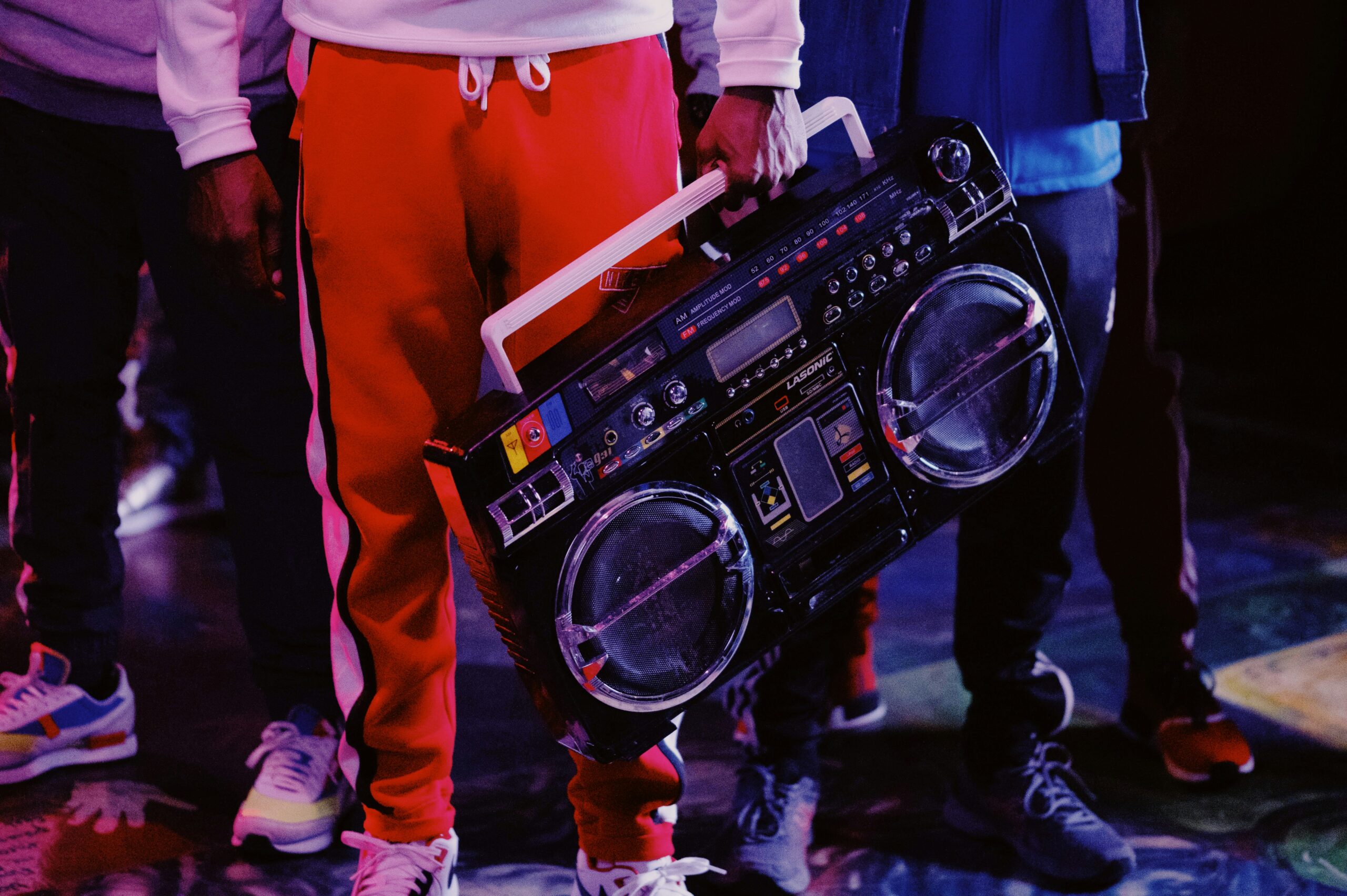Love it
Smartphone, how do I love thee? Let me count the ways.
I love you for letting me check my email once every 3.7 minutes, as needed.
I love you for telling me exactly where to go, because I cannot remember how to read a map. Or a street sign. Or how to memorize phone numbers.
I love you for alerting me to weather patterns where I am. And weather patterns where I’m not. And the weather in Cupertino, which is not as helpful as you seem to think it is.
I love you for giving me news. Why pick up a newspaper? I can follow everything on Twitter. People makes jokes and memes. It’s practically better than interacting with real human beings.
I love you for your camera. I can’t afford a real camera. But your camera ain’t bad at all.
I love you for Netflix. And HBO. And iTunes. And streaming sites that are probably illegal. Yeah, your screen is small and that sucks. But I don’t have a TV, and you are easy to cradle in comfortable horizontal positions. (That sounded wrong. I’m talking about watching movies and stuff).
I love you for depositing my checks. Just by taking a photo. That’s amazing. I never have to visit the bank.
I love your searing blue light. It lulls me to sleep, like a moth to a flame. I want the last thing I hear before I lose consciousness to be “Gilmore Girls.”
— Anya Jaremko-Greenwold
Hate it
How many of us have been at a table of friends, outings designed to connect us, to bring us closer, and we all have our phones out, texting people who haven’t chosen to be in our presence, or we’re scrolling mindlessly through Facebook, viewing the curated lives of acquaintances instead of the real friends sitting at the same table? This is what smartphones do, they take us away from the present.
Smartphones hack into our brains and change the way we live. Simply, they are disrupters and distractors. They chirp, buzz, beep and alert about things happening elsewhere. This is what these devices were designed to do. More worrying than the productivity-sucking distractions, we get used to those interruptions and begin anticipating and expecting those rushes, those bings, and our brains, like the drug addicts they are, begin to need those hits: Who wants to talk to me now? Who needs my attention? Who is thinking of me? We begin checking our phones even when they don’t bing: Maybe I missed something. We feel phantom buzzing and hear ghostly chirping.
We also lose those empty moments, times when we’re waiting in line, waiting for friends. Instead of people watching or taking time to reflect, to let our minds wander, we instinctively pull out our phones and mindlessly consume, playing games, checking email, scrolling Facebook.
I’m an advocate of moderation in all things, smartphones especially. Silence it, turn it off, put it out of reach every once in a while. It’ll do you good.
— David Holub













